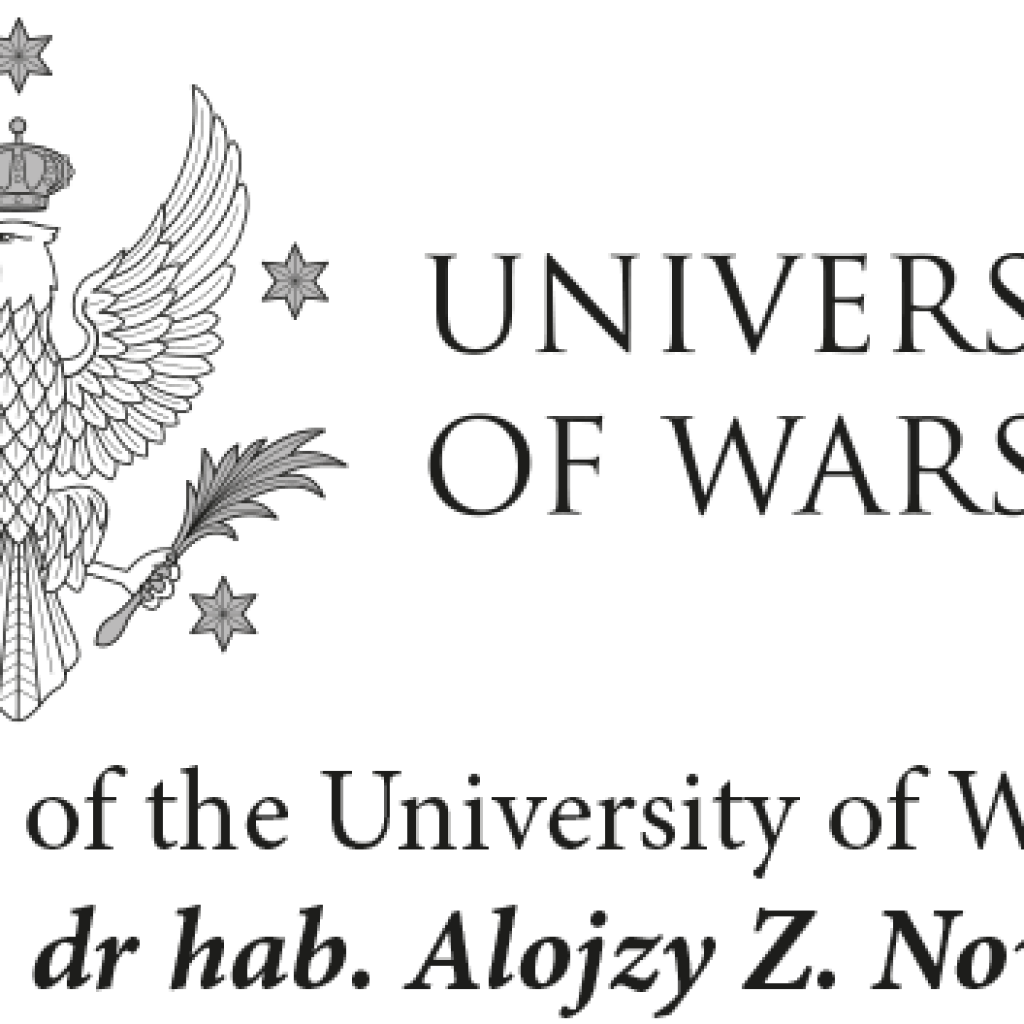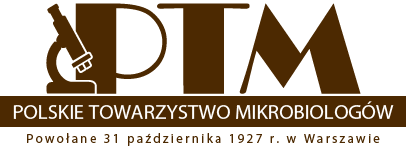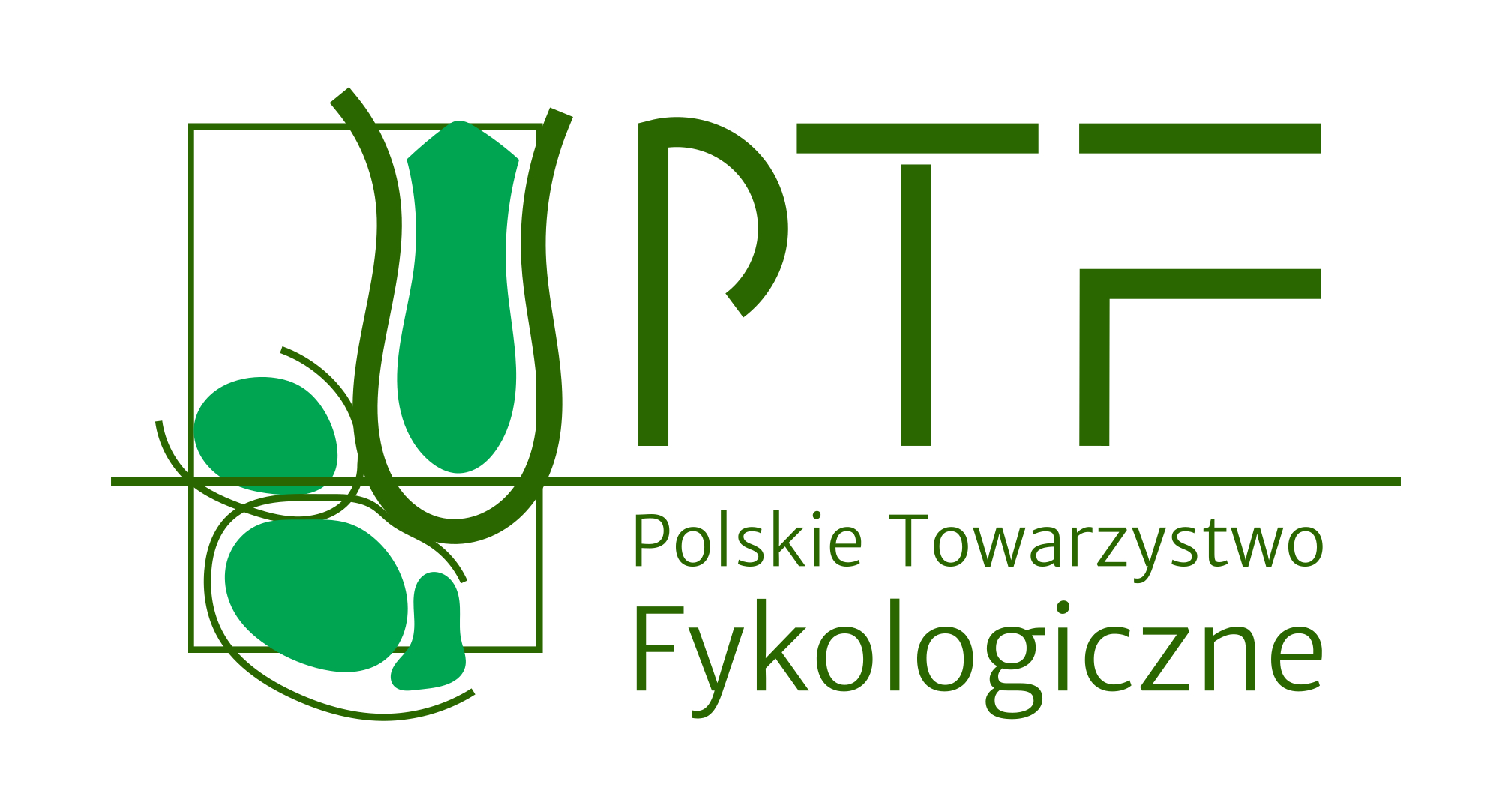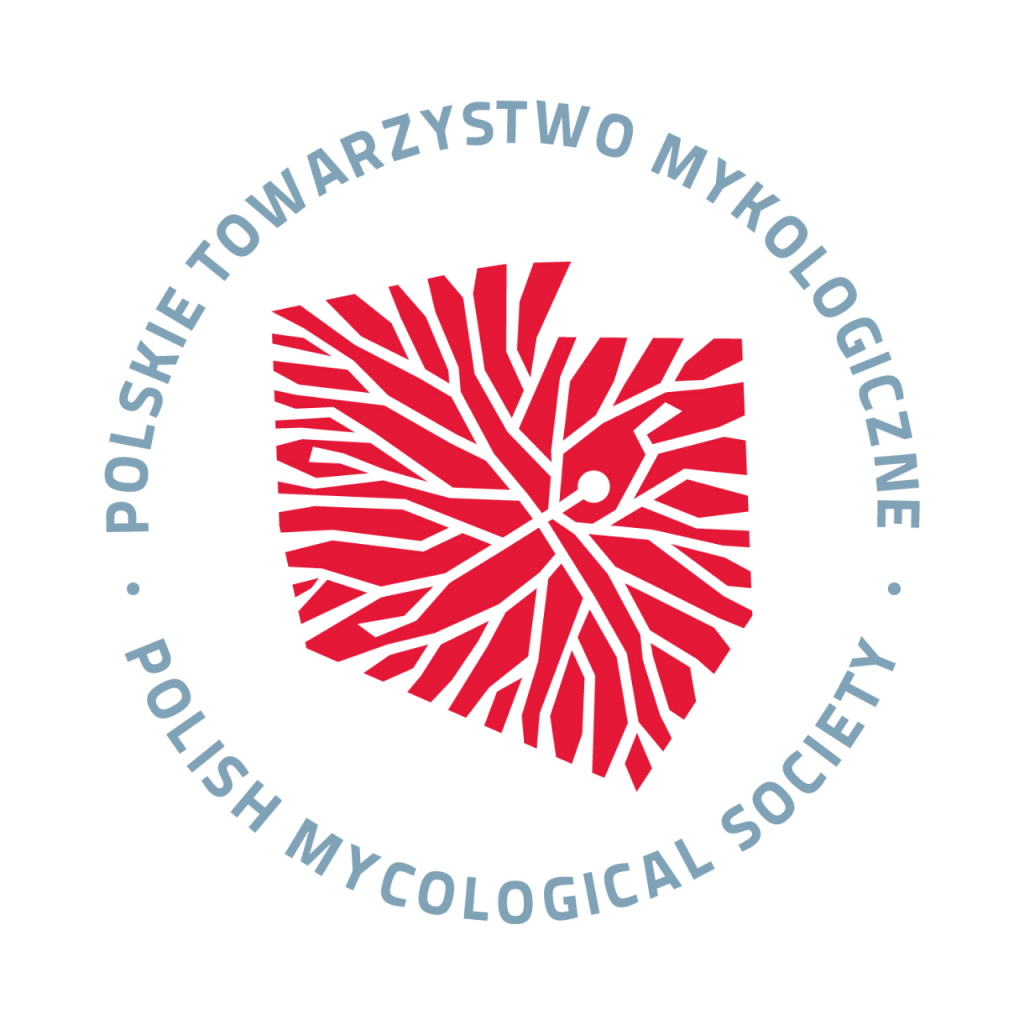
Medical Phycology
e-SYMPOSIUM
December 16th, 2024
2:00 to 5:30 pm (CET)

Welcome message
Dear Colleagues,
It is my great pleasure to invite you to participate in the inaugural Medical Phycology Symposium, which will be held online on 16th December 2024.
Medical phycology is a nascent discipline pertaining to infections caused by pathogenic algae.
Algae comprise a large and heterogeneous ecological group, accommodating several phylogenetically distant evolutionary lineages. Because they do not belong among the classic etiological agents of disease (viruses, bacteria, fungi, and protozoa), algae have long been neglected and underappreciated as pathogens. However, a growing body of literature of infections in both humans and animals, has forced algae to be reconsidered among pathogens of public health and veterinary importance.
The most encountered group are algae of the Prototheca genus, which cause opportunistic infections (protothecosis) in humans and animals. Although this serious and often fatal infection is increasing in incidence, particularly among immunocompromised individuals, public health and clinical awareness of these unusual pathogens is extremely limited. They are rarely suspected and often misdiagnosed. Moreover, treatment of Prototheca infections can be challenging due to drug resistance.Medical Phycology extends also to other peculiar microorganisms, including those of the Helicosporidium, Pythium, and Lagenidium genera, whose obscure or intricate taxonomic position leaves them outside major branches of microbiology.
In the context of the growing importance of algae as potential human and animal pathogens, it is essential to bring up this issue to a wider audience. This also gives a further spur to the inception and development of medical phycology as a new research field.
The purpose of the Symposium is to introduce and promote this new field of science, but, most importantly, to provide a deeper insight and recognition to the biology and clinical relevance of algal infections or infections due to often neglected and orphan microbes.
The Medical Phycology Symposium is an opportunity to participate in the inaugural event on emerging algal pathogens in human and veterinary medicine.
The programme will be delivered by globally-recognized experts and research leaders working on pathogenic algae. Various aspects of these microorganisms will be addressed by the speakers, including taxonomy, molecular biology, and drug resistance.
Please, join us for this exceptional event.

Tomasz Jagielski, PhD, DSc
Speakers

Sara Marques
Sara Marques
Sara Marques is a researcher at CIBIO-InBIO-UP/ BIOPOLIS-UP and a guest assistant professor of veterinary toxicology from the Integrated Master of Veterinary Medicine at ICBAS-UP, Portugal. Her major interests include infectious diseases, zoonoses, microbiology, molecular biology, and veterinary public health. Her main investigation focus has been on Prototheca toxicity assays using animal in vitro models and Prototheca susceptibility to various antimicrobial agents. She concluded her PhD in veterinary sciences at ICBAS-UP, with the thesis on Prototheca biology and pathogenicity. She has published more than 20 papers in international peer reviewed (ISI) journals, one book chapter, and over 20 conference proceedings.

Patrizia Danesi
Patrizia Danesi
Patrizia Danesi is a veterinary senior researcher at the Parasitology, and Mycololgy Unit at the IZSVe (Istituto Zooprofilattico Sperimentale delle Venezie), Legnaro, Italy. She graduated from the University of Bologna in veterinary medicine, and received her PhD from the University of Bari. Her research interests are focused on the diagnosis of fungal and parasitological infections in livestock and companion animals, including the development of rapid methods for phenotypic and molecular identification of moulds and yeasts isolated from animal patients. In an One-health perspective, her reserach explores the role of animals as sentinels for human exposure to environmental fungal pathogens, such as dermatophytes, Cryptococcus, Pneumocystis, and Prototheca.
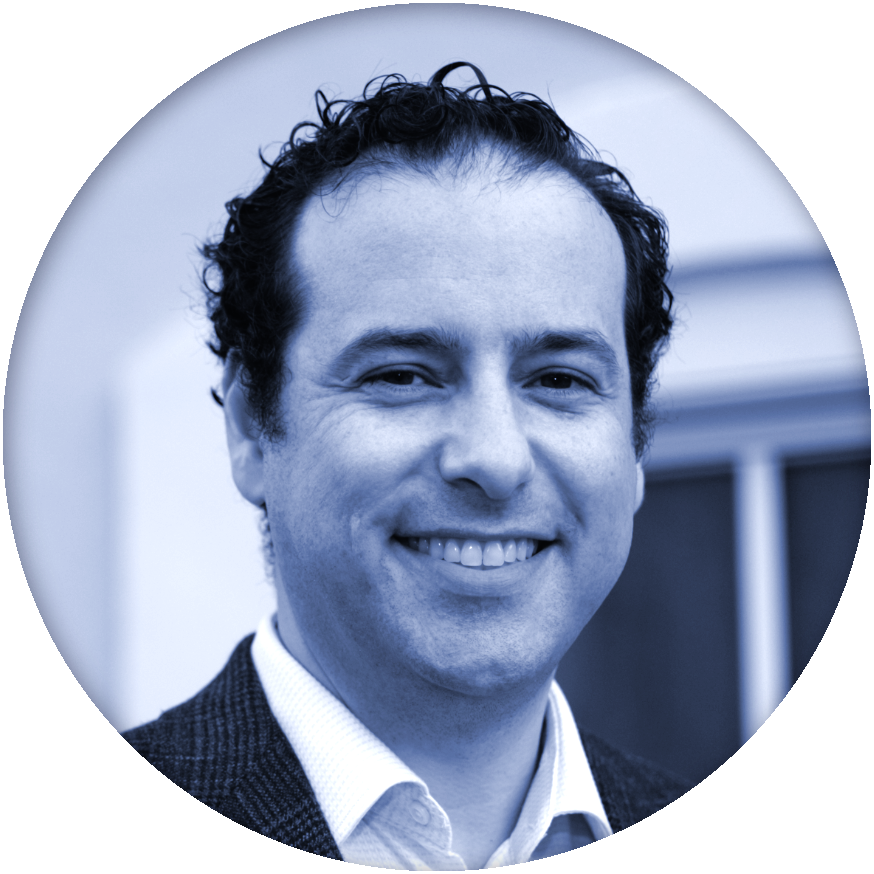
Ilan Schwartz
Ilan Schwartz
Ilan Schwartz is an infectious diseases physician and an associate professor of medicine in the Division of Infectious Diseases at Duke University. His clinical and research interests involve emerging fungal infections, immunocompromised hosts, and global health. After his clinical training in Canada, he obtained a Doctorate in Medical Sciences from the University of Antwerp, followed by a research fellowship at the San Antonio Center for Medical Mycology. He spent 4 years as a transplant ID physician and researcher at the University of Alberta in Canada before being recruited to the Duke Mycology Research Unit.

Robin May
Robin May
Robin May is Professor of Infectious Diseases at the University of Birmingham, UK and Gresham Professor of Physic. He is currently serving as Chief Scientific Adviser at the UK Government’s Food Standards Agency. In 2005 he obtained a Research Council UK Fellowship to establish his own group at the University of Birmingham. In 2010 he was awarded a Lister Fellowship, in 2013 he was presented with the Colworth Medal of the Biochemical Society and in 2015 he received Wolfson Research Merit Award from the Royal Society. From 2014-2020 Prof. May held a Consolidator Award from the European Research Council and in 2020 was elected to Fellowship of the American Academy of Microbiology.
Prof. May has a long-standing research interest in host-pathogen interactions, particularly those that occur between opportunistic pathogens and cells of the innate immune system.

Jayaseelan Murugaiyan
Jayaseelan Murugaiyan
Jayaseelan Murugaiyan is currently working as associate dean (School of Engineering and Sciences) and Professor & head of the Department of Biological Sciences at SRM University AP, Andhra Pradesh, India. He holds BSc and MSc degrees in Biochemistry. He received his PhD degree in Proteomics from the University of Leipzig, Germany, while he completed his doctoral research at the Department of Proteomics, Helmholtz Centre for Environmental Research-UFZ, Leipzig, Germany. He worked as a senior scientist (group leader in proteomics) at the Institute of Animal Hygiene and Environmental Health, Centre for Infectious Medicine, Freie Universitaet Berlin, Germany.
Prof. Murugaiyan is interested in application of proteomic analysis to the understanding of antimicrobial resistance mechanisms and mass spectrometry-based rapid identification of microorganisms.

Daniel Wibberg
Daniel Wibberg
Dr. Daniel Wibberg is a renowned bioinformatics expert with a PhD in Biology & Genomics, specializing in microbial genomics, transcriptomics, and metagenomics. Currently at Forschungszentrum Jülich GmbH, he is a key member of de.NBI & ELIXIR Germany, serving as the Training, Tools Platform, and Web Coordinator. Dr. Wibberg excels in developing computational tools for biological data analysis and training, e.g. in research data management (RDM).
Dr. Wibberg has significantly contributed to the scientific community through numerous publications and presentations and is actively involved in organizing events like BioHackathon Germany and the German Conference on Bioinformatics.

Aurelien Tartar
Aurelien Tartar
Aurelien Tartar is a professor in the Department of Biological Sciences at Nova Southeastern University in Fort Lauderdale, Florida. His research projects have been aimed at characterizing the molecular basis of host-pathogen interactions for a variety of invertebrate pathogens. The main objective of all projects is to contribute to the development of novel insect control technologies.
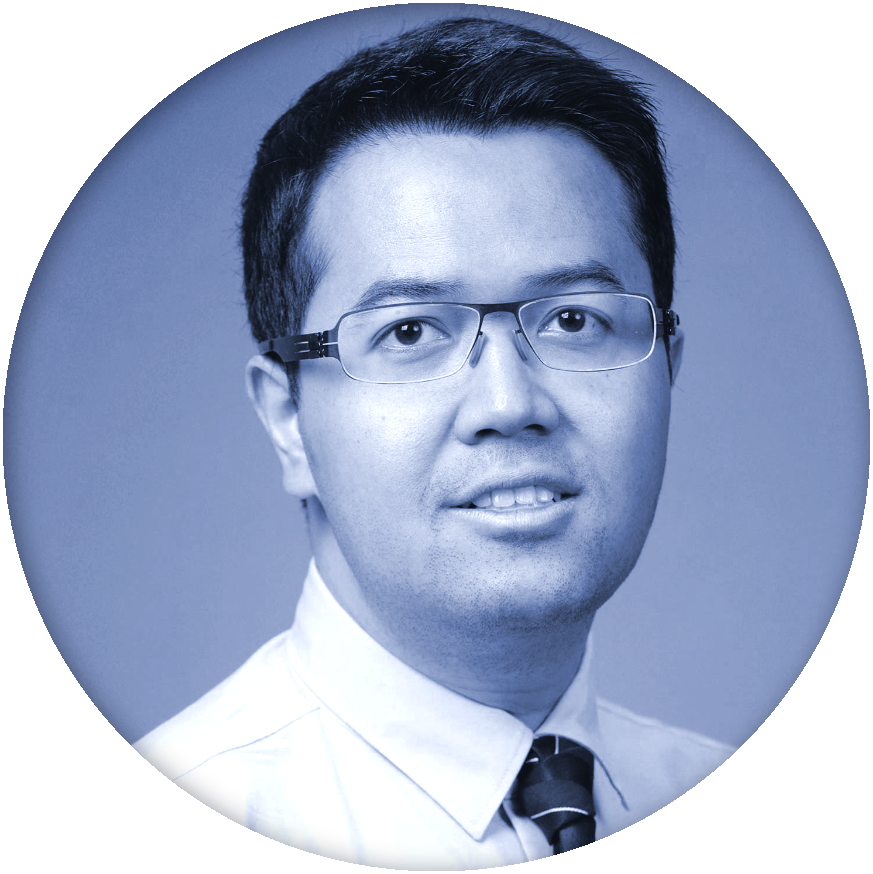
Nate Permpalung
Nate Permpalung
Dr. Nate Permpalung is an Associate Professor of Medicine and serves as the Director of Mycology Research in the Division of Infectious Diseases and Associate Director for Clinical Trials of Transplant Research Center at Johns Hopkins University School of Medicine, USA. In his capacity as a transplant infectious disease physician at Johns Hopkins Hospital, he provides specialized care to immunocompromised patients, including those who have undergone solid organ transplants and those undergoing cancer treatment.
His research focuses are respiratory viral infections, invasive fungal infections, fungal-viral interactions, fungal diagnostics, and human pythiosis. Nationally, Dr. Permpalung has served on the panel for the IDSA Aspergillosis Guidelines development and has held editorial positions as Associate Editor for Medical Mycology and as an Editorial Board Member for the Journal of Heart and Lung Transplantation Open.
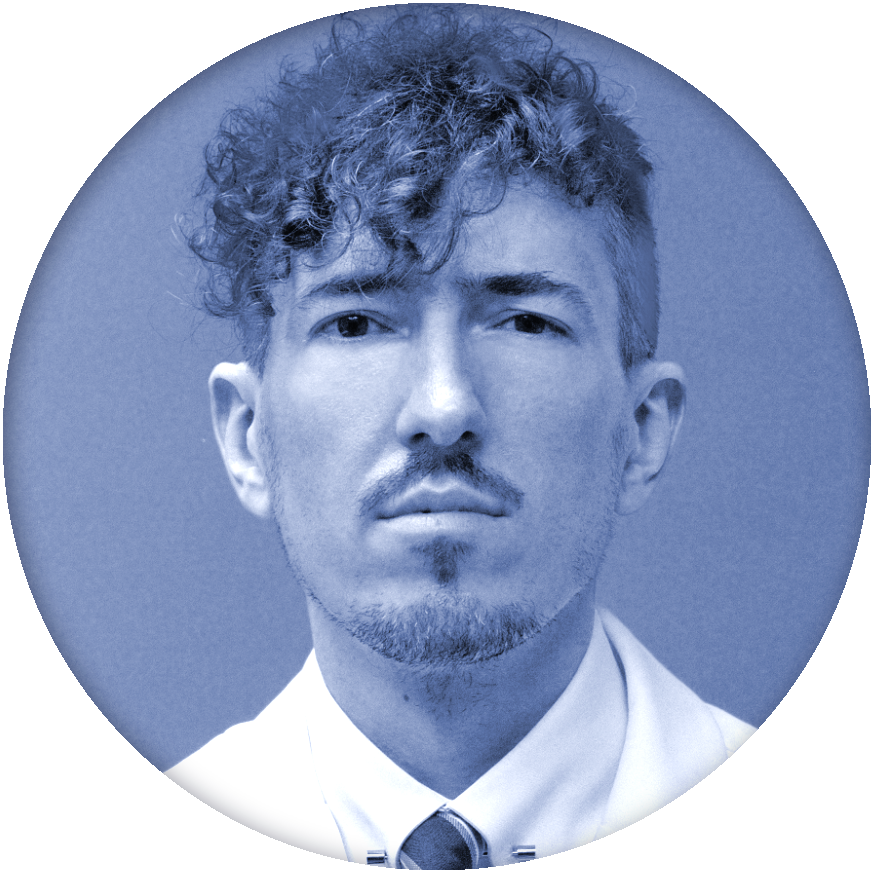
Tomasz Jagielski
Tomasz Jagielski
Tomasz Jagielski is an Associate Professor and group leader at the Institute of Microbiology, Faculty of Biology, University of Warsaw. His research focus is on medical microbiology, with a prime interest in molecular markers of infectious diseases and optimizing diagnostic algorithms in clinical practice. His fields of expertise include mycobacteriology, fungal infections, and antimicrobial resistance. He is actively involved in forging a new realm of microbiology, called “medical phycology”. His research has led to over 100 scientific publications in peer reviewed journals. He is a member of several international societies and research networks. He serves as the Ambassador of the American Society for Microbiology and the International Society for Human & Animal Mycology for Poland. He established and heads the Department of Medical Microbiology at the University of Warsaw, and currently supervises three PhD candidates.
Programme
14:00 – 17:30 (2:00 – 5:30 pm) CEST
-
14:00
14:05Welcome address
Tomasz JAGIELSKI
University of Warsaw, Poland -
14:05
14:20Medical Phycology – introducing a new realm of microbiology
Tomasz JAGIELSKI
University of Warsaw, Poland -
14:20
14:40Prototheca – a brief overview with an emphasis on drug resistance
Sara MARQUES
Abel Salazar Biomedical Sciences Institute - University of Porto, Portugal -
14:40
15:00Clinical aspects of protothecosis in companion animals
Patrizia DANESI
Istituto Zooprofilattico Sperimentale delle Venezie, Italy -
15:00
15:20Clinical aspects of human protothecosis
Ilan SCHWARTZ
Duke University School of Medicine, USA -
15:20
15:30BREAK
-
15:30
15:50Innate immune interactions during the pathogenesis of protothecosis
Robin MAY
University of Birmingham, UK -
15:50
16:10Quantitative proteomics analysis of Prototheca spp.
Jayaseelan MURUGAIYAN
SRM University, India -
16:10
16:30Demystifying the genus Prototheca: genomic and mitogenomic insights via bioinformatic analysis
Daniel WIBBERG
Forschungszentrum Jülich GmbH, Germany -
16:30
16:50Evolution and pathogenicity in pathogenic algae
Aurelien TARTAR
Nova Southeastern University, USA -
16:50
17:10Understanding vascular pythiosis: current insights and treatment strategies
Nate PERMPALUNG
Johns Hopkins University, USA -
17:10
17:30Closing remarks
Tomasz JAGIELSKI
University of Warsaw, Poland
Organizers
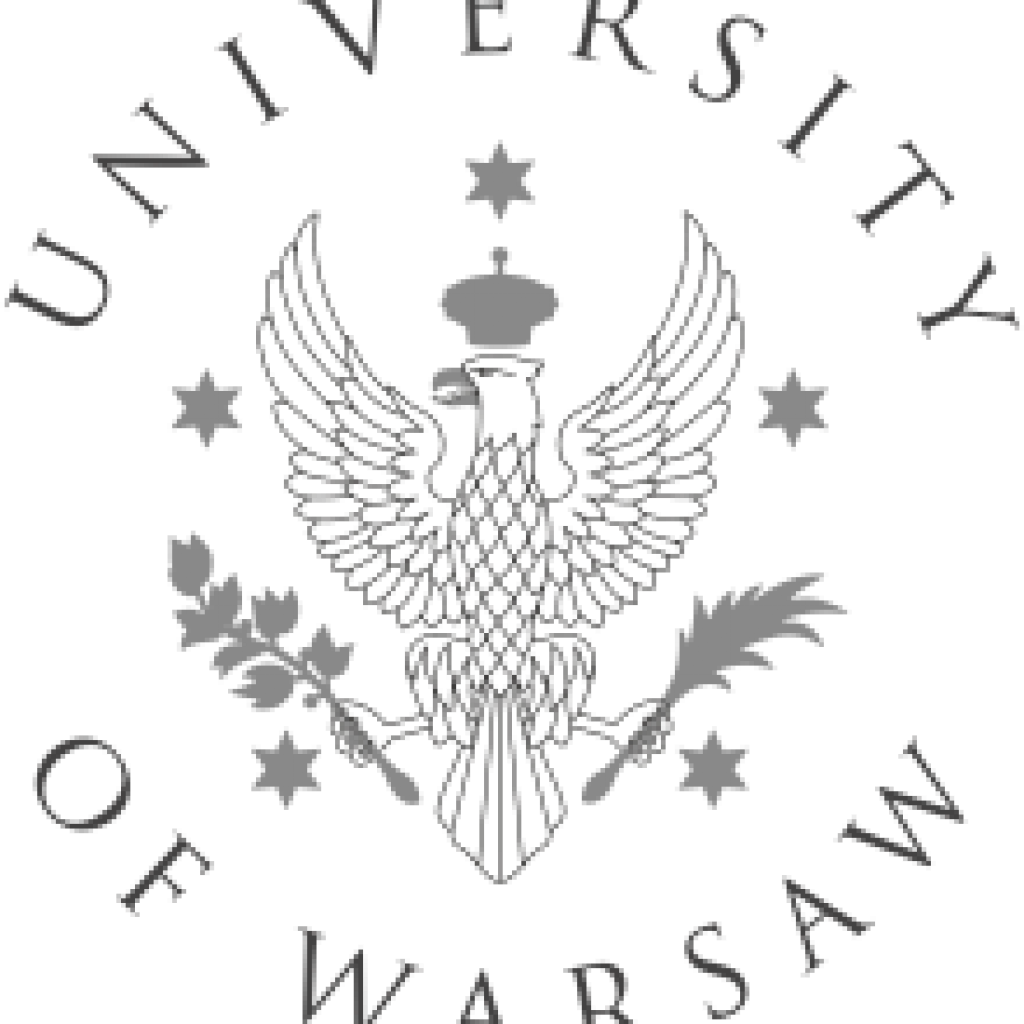
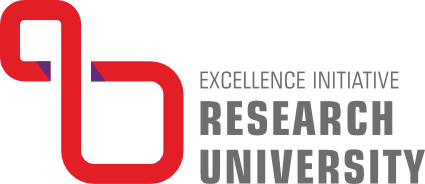
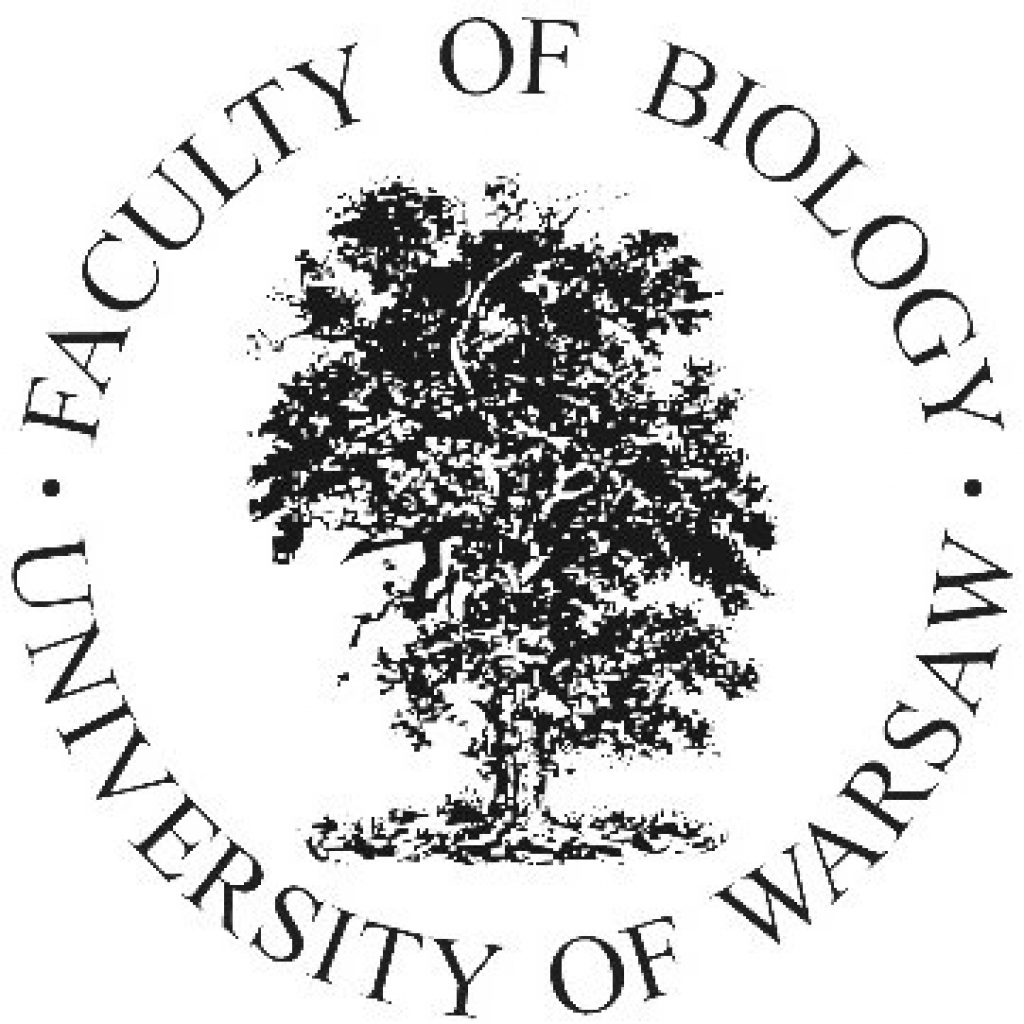



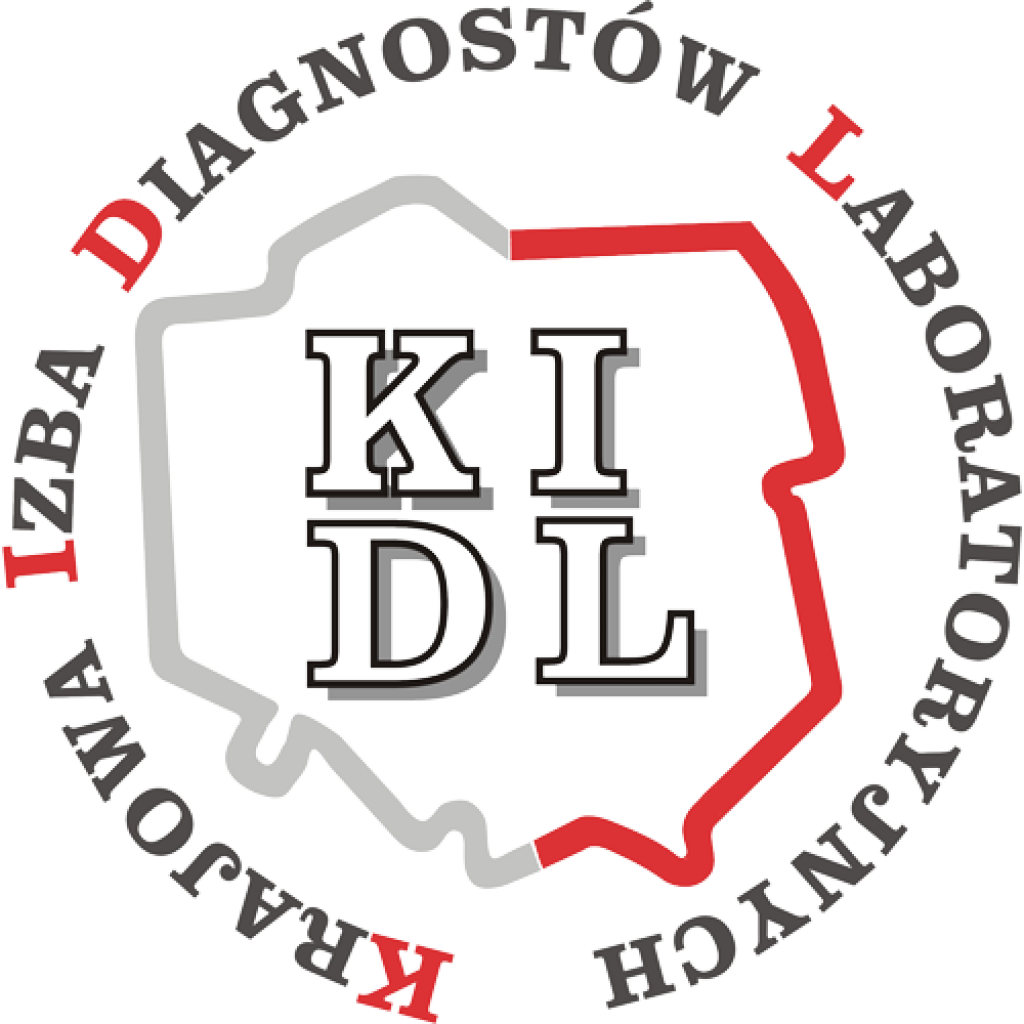
Uczestnikowi Sympozjum przysługują 4 punkty edukacyjne zgodnie z Rozporządzeniem Ministra Zdrowia z dnia 7 grudnia 2023 r. w sprawie ustawicznego rozwoju zawodowego diagnosty laboratoryjnego [Dz.U. 2023 poz. 2684].
Patronage
